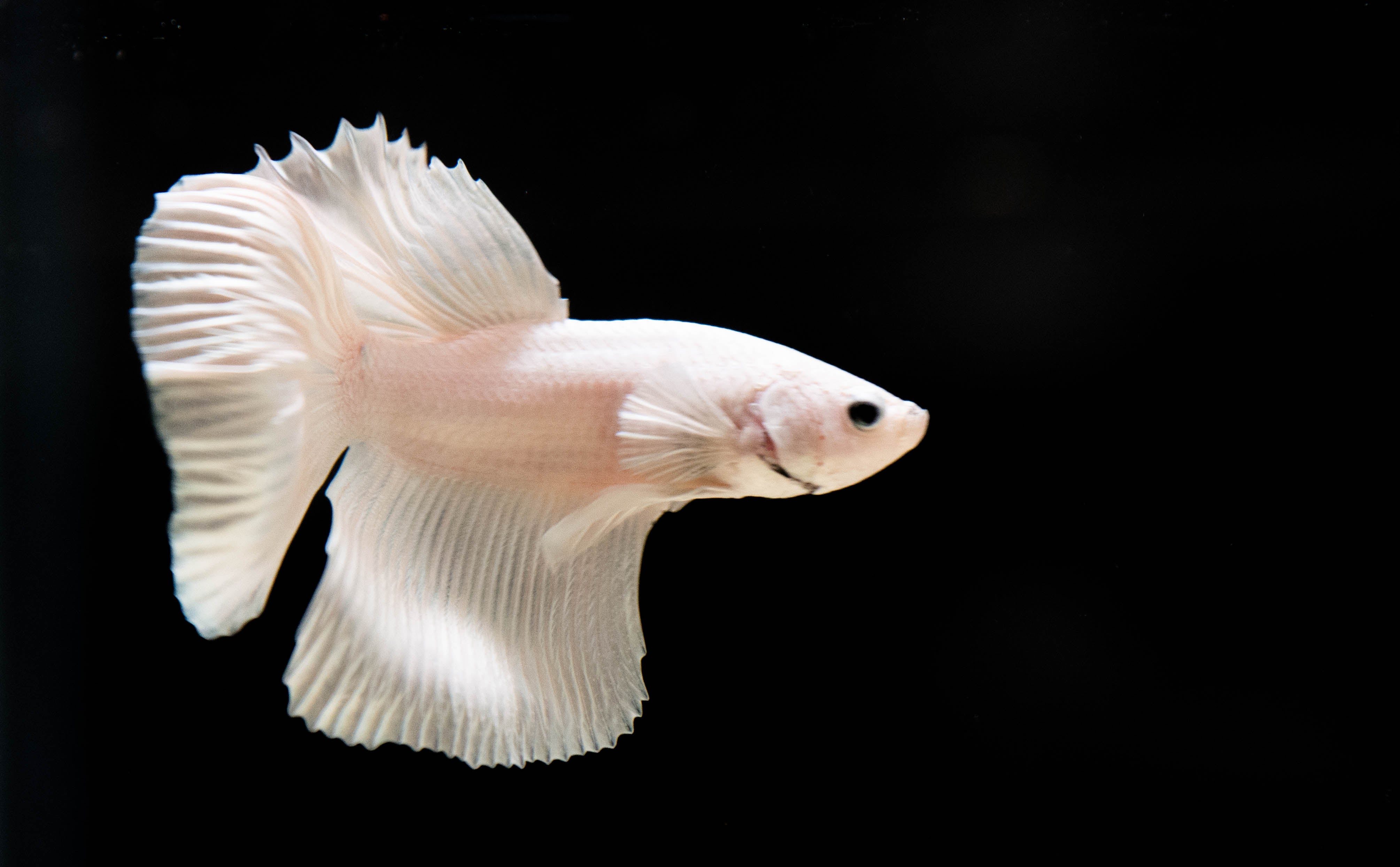Betta Fish Care: Essential Tips for a Healthy and Pleased Animal
Wiki Article
Everything About Betta Fish: Understanding Their Distinct Demands, Habits, and the most effective Practices for Optimal Treatment
Understanding the unique requirements and behaviors of Betta fish is necessary for any kind of aquarist aiming to provide ideal care. These exciting creatures, belonging to the cozy waters of Southeast Asia, exhibit unique territorial tendencies and call for details ecological problems to thrive. From selecting the right storage tank size to recognizing prospective wellness issues, different factors considerably affect their wellness. As we check out these elements better, the implications for both novice and knowledgeable fish caretakers become increasingly obvious, questioning concerning how best to accommodate these exceptional fish in our homes.Betta Fish Introduction
Although usually admired for their lively colors and flowing fins, Betta fish, medically called Betta splendens, are complicated creatures that call for details care to prosper. Stemming from Southeast Asia, these freshwater fish are understood for their territorial nature and one-of-a-kind behaviors. Betta fish display sex-related dimorphism, with men showing more vibrant colors and longer fins than ladies.Their aggressive tendencies, especially amongst men, necessitate careful factor to consider when housing them. Bettas are often maintained in single-specimen storage tanks to stop territorial disputes. Nevertheless, they can coexist in harmony with particular compatible species in bigger community storage tanks, offered the environment meets their needs.

To make sure ideal treatment, aquarists must recognize their one-of-a-kind behavioral qualities, dietary requirements, and environment needs. betta fish. With appropriate focus, Betta fish can display their dynamic characters and flourish in a properly maintained fish tank setting
All-natural Environment and Setting
Betta fish grow in a diverse variety of natural environments, primarily found in the superficial waters of Southeast Asia, consisting of rice paddies, swamps, and slow-moving streams. These settings are characterized by cozy temperature levels, typically between 75 ° F and 82 ° F(24 ° C and 28 ° C ), and a pH degree varying from 6.5 to 7.5, which is optimal for their health and health.
In their natural environments, Betta fish are accustomed to thick vegetation, supplying both shelter and breeding premises. The existence of plants such as floating water lilies and thick turfs not just provides security from predators yet also adds to the oxygenation of the water, which is essential for their respiratory requirements. Additionally, these settings typically have locations of still water, permitting Betta fish to show their all-natural behaviors such as bubble nesting.
Comprehending the natural environment of Betta fish is important for aquarium lovers. Reproducing these conditions-- through water temperature level, pH balance, and the incorporation of online plants-- can dramatically improve the total wellness and longevity of these fascinating fish, ensuring they flourish in a home fish tank setup.
Social Behavior and Interactions
Comprehending the social behavior and interactions of Betta fish is vital for effective fish tank monitoring. Betta fish, or Siamese combating fish, are known for their unique behavior traits, defined largely by territoriality and aggression.Conversely, women Bettas show less aggressive behavior and can exist side-by-side in groups, called sororities, if introduced appropriately. It is important to check their interactions closely, as pecking order and dominance can lead to company website problems. Understanding the dynamics within a Betta neighborhood is essential; developing hiding areas and guaranteeing enough area can reduce hostility.
Furthermore, Betta fish might also present interest and social actions in the direction of various other varieties. While they can exist side-by-side with certain non-aggressive tank companions, it is vital to choose compatible varieties to avoid tension and hostility. Generally, acknowledging these social communications is crucial to cultivating a harmonious aquarium atmosphere for Betta fish.
Vital Treatment Standards
Giving proper care for Betta fish is critical to their wellness and well-being. Regular water modifications-- about 25% weekly-- assistance keep water top quality.Betta fish need an appropriate container dimension; a minimum of 5 gallons is advised to provide appropriate room for swimming and hiding. Consist of decors and plants to create a stimulating setting, however avoid sharp things that might damage their fragile fins.
:strip_icc()/how-long-do-bettas-live-1380782-hero-813aa5d34bab48cdb333edfe02471dad.jpg)
Finally, make sure the container is furnished with a filter to keep the water tidy, yet make use of a mild filter to avoid strong currents that can worry the fish. By adhering to these crucial care standards, owners can advertise a healthy and balanced and dynamic Betta fish.
Common Health And Wellness Issues and Solutions
In the treatment of Betta fish, awareness of common health concerns is crucial for maintaining their wellness. One prevalent problem is fin rot, commonly created by bad water high quality or microbial infection. Signs consist of torn or stained fins. To treat fin rot, improve water conditions and take into consideration using a broad-spectrum antibiotic.An additional usual ailment is ich, a parasitical infection characterized by white spots on the fish's body (betta fish). Treatment includes raising water temperature level and including aquarium salt to the tank, as this can help eliminate the parasite
Swim bladder problem is Our site additionally frequently observed, bring about buoyancy troubles. This problem may emerge from overfeeding or bowel irregularity. A fasting period of 24-48 hours, complied with by a diet plan of blanched peas, can supply relief.
Lastly, bettas may struggle with velvet illness, indicated by a gold dust-like look on their skin. Treatment commonly needs medicine particularly created for exterior parasites, along with improved storage learn this here now tank hygiene.
Routine surveillance of water criteria, preserving a tidy setting, and offering a well balanced diet are essential precautionary steps. By attending to these health problems promptly, Betta fish can lead healthier, more vivid lives.
Conclusion
In summary, effective betta fish care requires an understanding of their one-of-a-kind requirements and behaviors. Normal surveillance of health and wellness and water top quality, along with a well balanced diet plan, contributes to the long life and vibrancy of betta fish.Report this wiki page